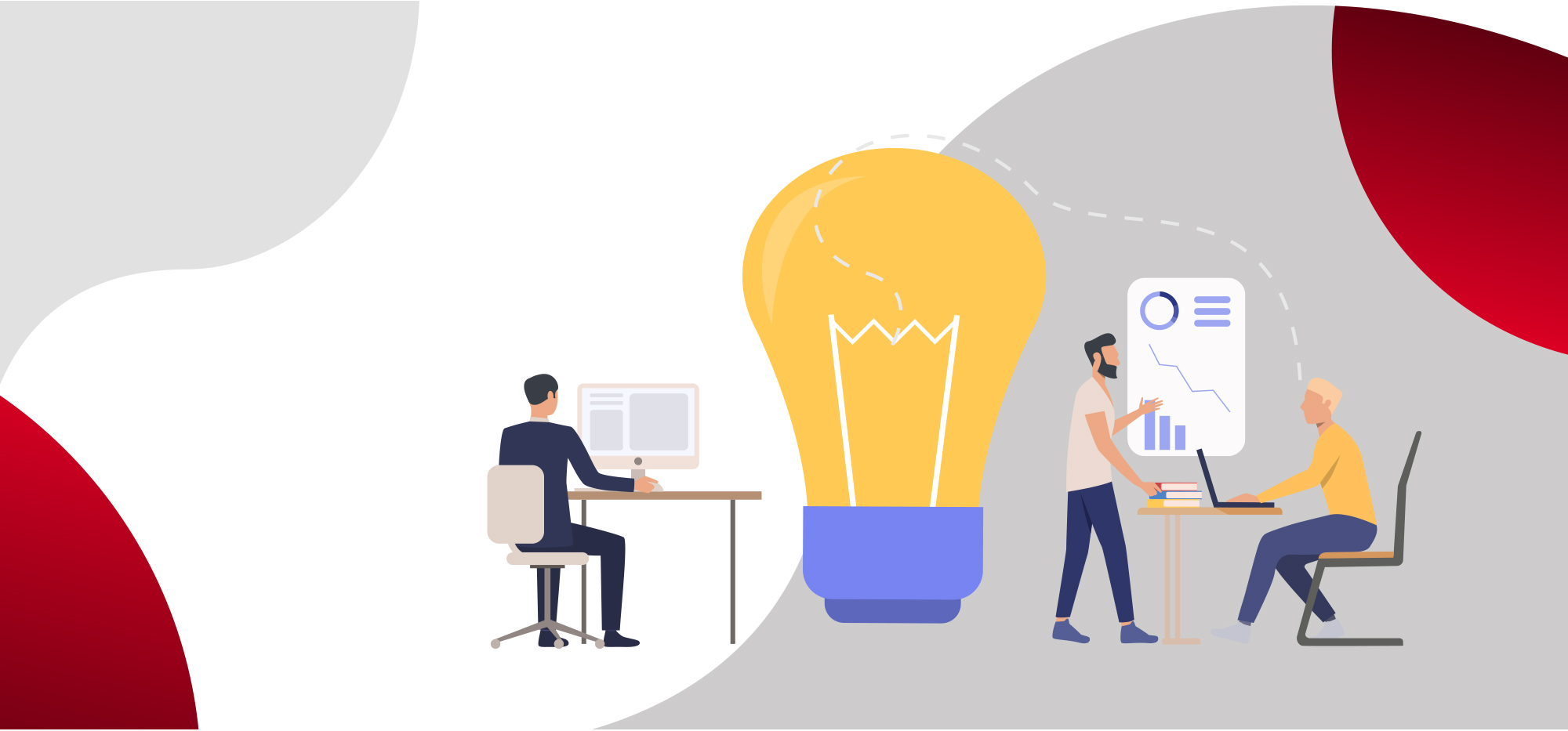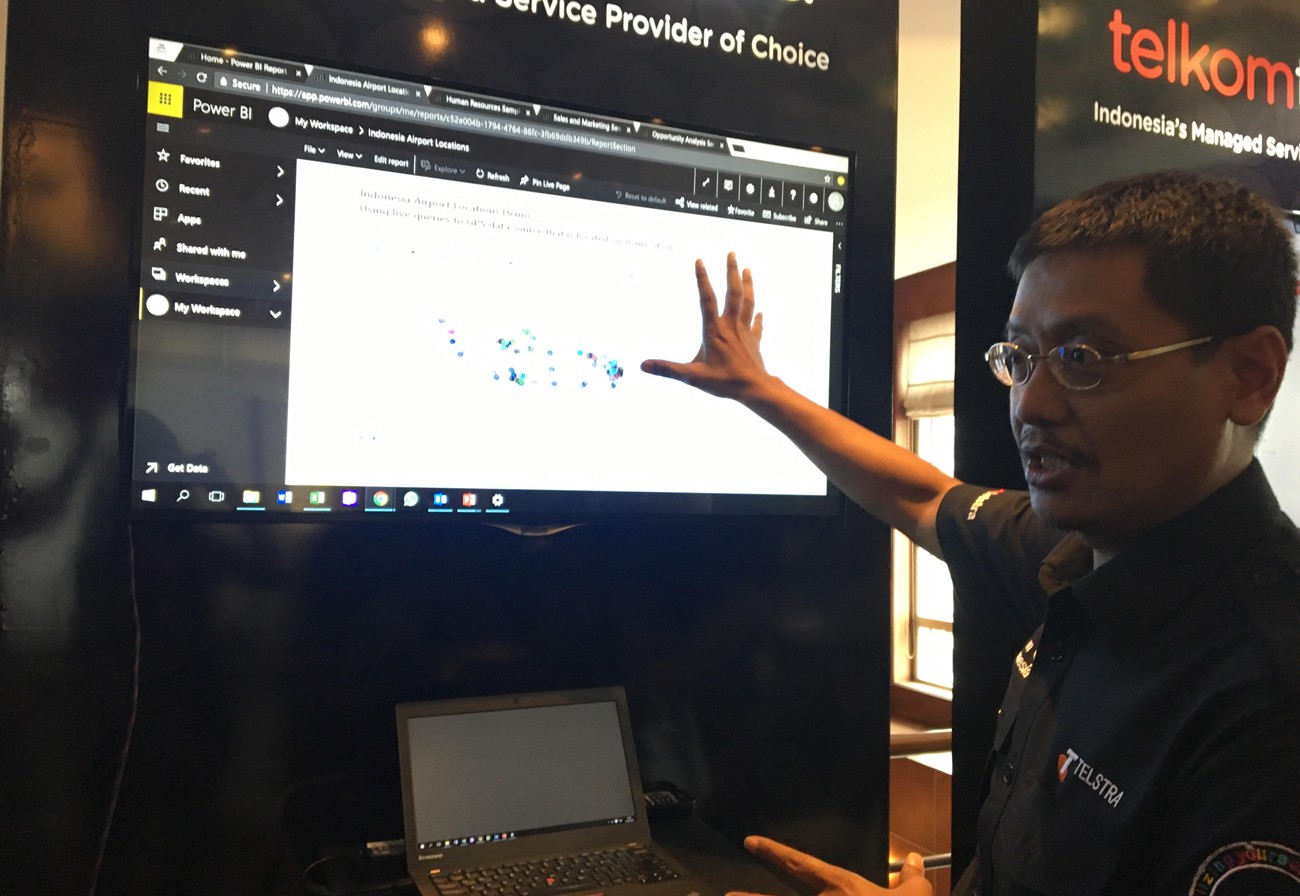Philipp Ivanov
CEO of Asia Society
25 MAY 2015, SYDNEY – Asia Society Australia and Telstra partnered to co-host the signature program – “Connecting Australian and Indonesian Business” – at the stunning Telstra Customer Insight Centre in Sydney. The event examined business challenges, opportunities and drivers in the Australia-Indonesia business relationship. The event also celebrated a success story of the bilateral business engagement – the launch of telkomtelstra – Telstra’s joint venture with Indonesian telecommunications giant PT Telekomunikasi Indonesia.
A high-level expert panel shared their insights on Australia-Indonesia business connectivity, followed by an interactive Q&A session and cocktail reception. The panelists – Allastar Cox, First Assistant Secretary of the South-East Asia Maritime Division in the Department of Foreign Affairs and Trade; the Hon Warwick Smith AM, Chairman of Asia Society Australia; Brendon Riley, Group Executive of Global Enterprise and Services at Telstra; and Phill Sporton, President Director of telkomtelstra. Bruce Gosper, CEO of Austrade, moderated the panel discussion. The program also featured a video message from Josette Sheeran, Asia Society President and CEO.
The event also served as a platform for the launch of the Asia Society Australia’s special report “Connecting Australia and Indonesia”.
The panelists discussed the tendency by Indonesian and Australian businesses to ‘look North’ for economic opportunities, which overlooks a significant capacity for economic engagement between our two countries and the economic potential of our geographical proximity. Indonesia is one of the fastest growing economies and poised to become fourth or fifth largest economy globally by mid-century. Indonesia also has a relatively young population, which directly contrasts with the ageing populations prevalent amongst many other countries in the region, including Australia. These two trends, as highlighted throughout the discussion, make Indonesia a natural partner for Australia in the key areas of services, infrastructure, skills and education. Australia can become an essential player in Indonesia’s growth story with estimated funding requirements of $500 billion for infrastructure, and an ambition to reach 7% economic growth.
Despite these apparent opportunities panelists emphasized that Australia is in danger of missing out on the Indonesian economic growth opportunity. Australia has a strong history of Indonesian studies which should be utilized to encourage Australians to take “a deeper dive” into Indonesia, but these capabilities are under threat from the recent period of decline of Indonesia in our education system. To ensure that Indonesia recognizes the value of the relationship, the panelists believe that Australia has to “step it up”, and prove that it is a strong competitor to Indonesia’s Northern neighbors of Singapore, China, Korea and Japan, and a dynamic partner, willing to take risks, commit to long-term engagement and develop a sophisticated understanding of Indonesian politics, economy and society.
In this context, panelists shared their experiences and approaches to engaging with Indonesia in the business context:
1. Engage more deeply on a sustained basis, across business, policy and culture
2. Go “beyond Java” and understand economic opportunities of Indonesia’s diverse regions
3. Choose the right partners to collaborate with and build trust
4. Stop to have the conversation with your partners – Indonesia is a relationship before a business
5. Translate intent and spirit into words and structures for mutual understanding
6. Exercise patience and cultural sensitivity


